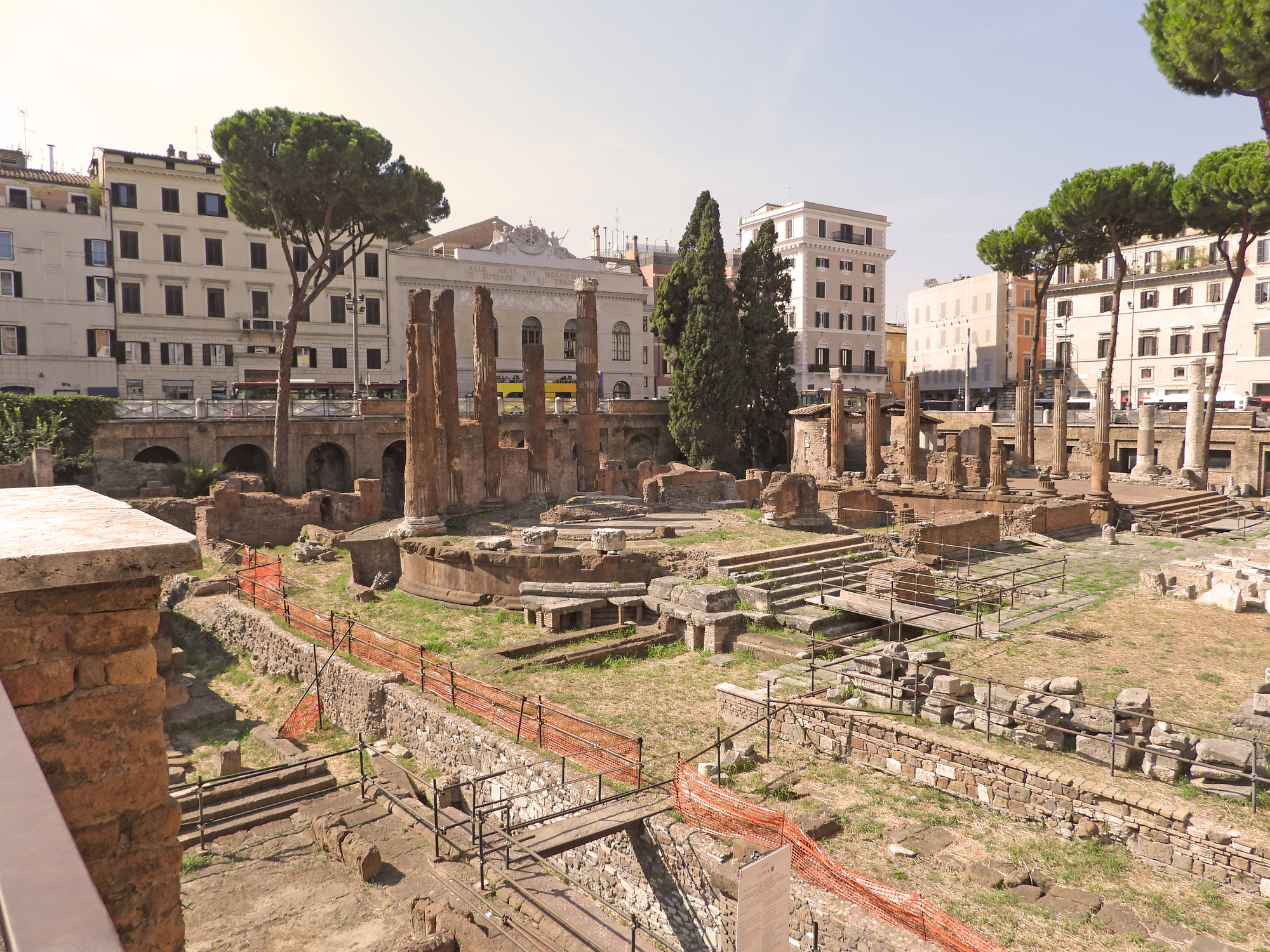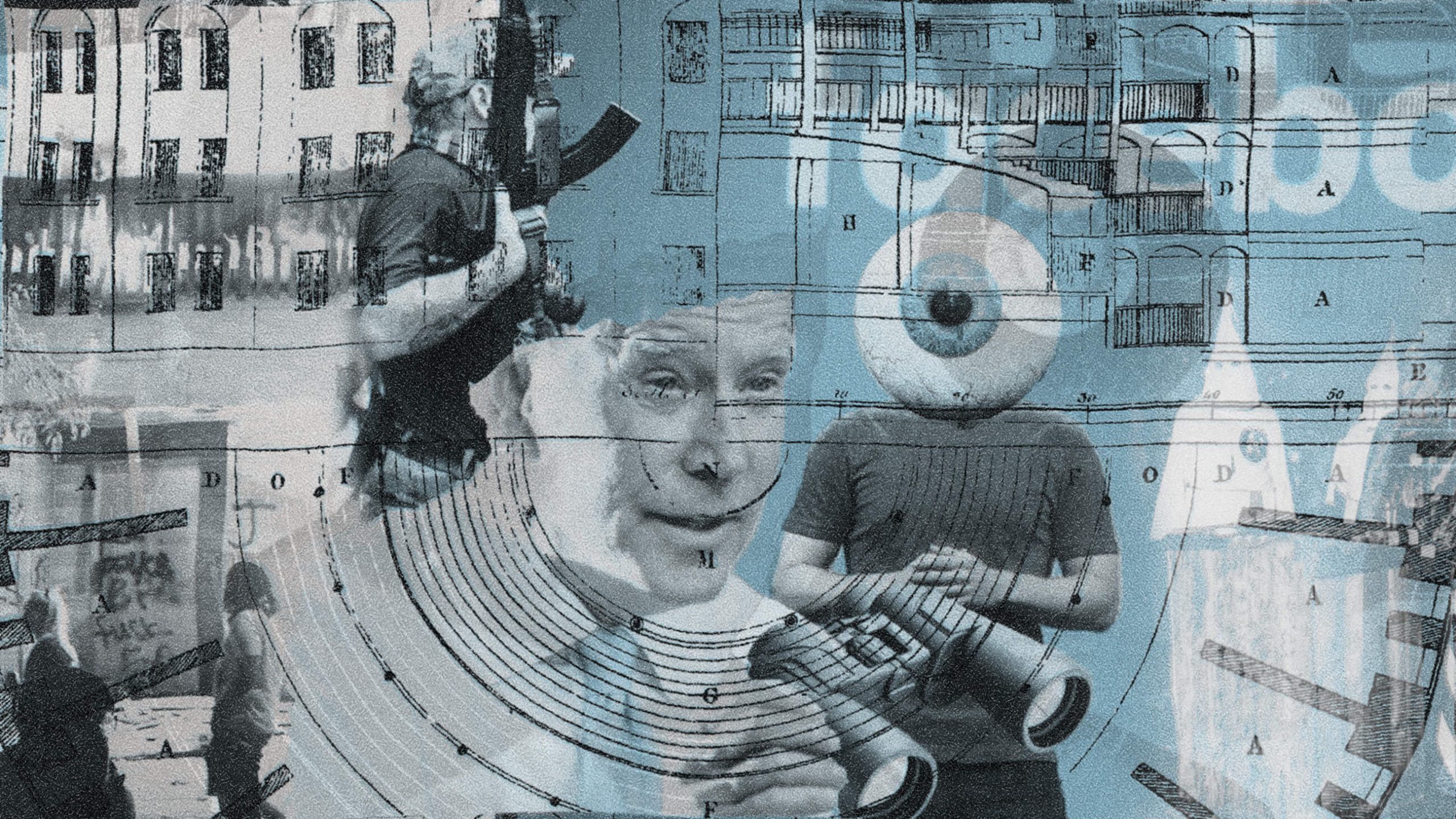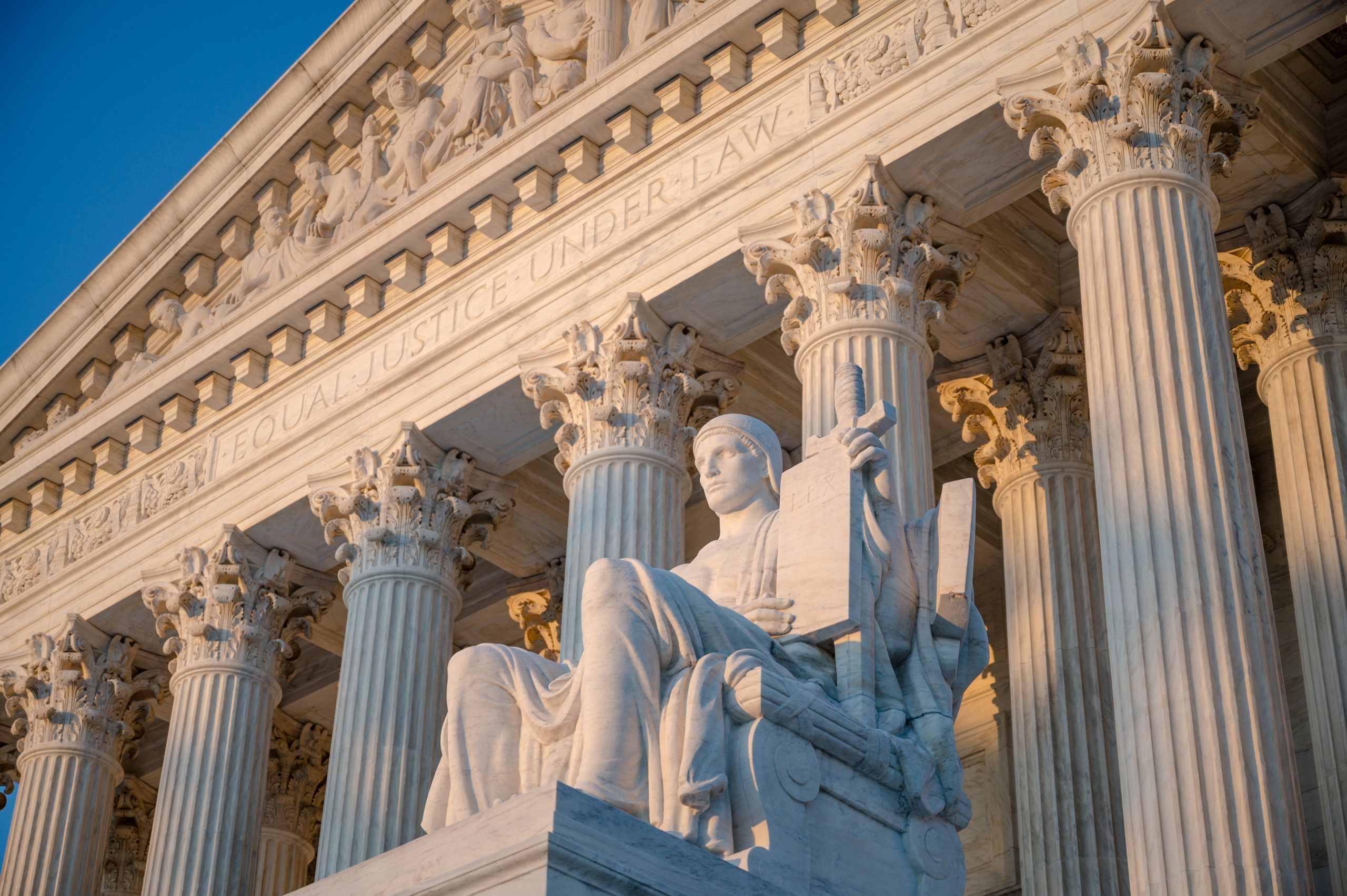Summoning an imaginary specter of white supremacy, the Administration declares war on all who oppose the powerful.
Being Dangerous

How to be good in a bad society
If you are a good man living in a bad regime, you will necessarily be a bad citizen. That is Aristotle’s teaching. The current controversies surrounding the Claremont Institute, particularly its various fights with both the Left and Right, must be understood in this light.
What Aristotle meant is that if a regime is unjust, it will regard as good citizens only those who are unjust in the way the regime is unjust. Anyone who refuses to acquiesce in the regime’s injustice will be regarded as dangerous. Precisely the just men and women will be seen as disloyal to the ruling authority and as politically illegitimate. In the early 1940s, Germans who sheltered Jews were bad citizens of the Third Reich, and Russians who circulated books critical of Marxism were unfaithful to the ideals of the Soviet Union.
Of course, there were, and always are, degrees of complicity and resistance; just as there are degrees of unjust government. Not everyone trapped behind the Iron Curtain possessed the heroic courage and mighty pen of Alexander Solzhenitsyn; and not every unjust regime descends into the hell of the gulag and the gas chamber. One can’t even say that every political system is uniformly good or bad. Aristotle’s famous teaching about metabole, revolution, describes the transformation of one regime type into another—constitutional democracy into oligarchy, for example. During the transition, which might take some time, the political community will be a mixture. There will be some elements upholding the older regime, while others advance the emerging replacement. Though the moral distinctions may be less clear-cut, the good man will nevertheless seek to defend the moral and free parts (whether of the old order or the new) while resisting the dishonest and despotic elements.
The United States has been undergoing such a metabole, or regime change, for a long time. The theoretical roots of this revolution can be traced to the progressive era, more than a century ago. Claremont Institute scholars were among the first to recognize the depth of this transformation and to perceive its philosophical origins. In particular, Claremont was unique, first, in seeing the new regime of progressive bureaucracy as a direct attempt to replace the founders’ constitutionalism; and, second, mounting a serious intellectual defense—supported by pioneering scholarship—of the principles of the American founding as true statements about human nature and political justice. Insofar as principled men (and women) have wanted to uphold the older idea of citizenship—to be good in an increasingly bad regime—Claremont was one of very few places that offered a rigorous, coherent explanation of that citizenship and the political theory underlying it.
In recent decades nearly every mainstream “conservative” organization and Republican politician has adopted similar rhetoric. They pay lip-service to the founding and fulminate against the agenda of the ruling class. But too often this amounts to little more than fundraising boilerplate and empty gestures. Harry Jaffa excoriated these “Beltway bandits” for their shallowness and lack of principles. Most, he argued, have made their peace with the uniparty consensus and are content to accept scraps in exchange for a seat at the table as the token opposition. Writing to William F. Buckley in 1992, Jaffa observed,
Bill, we cannot fashion the leadership of which our country—and the world—so obviously stands in need, unless we replace the dogmas of a conservatism that is alienated from our genuine traditions and, still worse, shackled to the mindlessness and moral emptiness of positivism, relativism, and nihilism…. There is precious little “free argument and debate” today in conservative circles on the matters of fundamental principle. I would hope that we might together take counsel on ways and means to revive that argument and that debate—as the only possible means of salvation for a free society.
Elsewhere, Jaffa explains what he and his students learned from his great teacher, Leo Strauss—“the only great critic of modernity who did not end by radicalizing it, and who suggested that there was an intelligible sense in which ‘progress’ could be rescued only by ‘return.’” The principle of natural right in the founding, especially the Declaration of Independence, was not merely “something to be admired” but “something to be believed.” Not all of Strauss’s students agreed with this and, as Jaffa relates, when some “began to attack me, I realized I must be becoming dangerous, and therefore on the road to the only kind of influence worth having.”
“We have seen—” Jaffa continued,
especially in the example of Abraham Lincoln—that natural right can become political right when identified not merely with a regime in speech, but with the speech of a regime. To pursue that possibility, it seems to me, is the noblest and most just enterprise in which scholars of political philosophy can be engaged today. But in raising this banner, to which the wise and good can repair, we must articulate our principles in an absolutely uncompromising manner. No political compromise that dims the clarity of what we say on this theme is worth making…. Gentlemanly obfuscation may be indulged in, in all manner of prudential matters, but not on the fundamentals.
The Claremont Institute has refused to be assimilated into the Washington establishment. It continues to challenge both the political authority and intellectual legitimacy of the administrative state. For this, it is despised, not only by the Left, but increasingly by those “false prophets of conservatism,” as Jaffa called them, whose accommodationism has made them comfortable, and who therefore resent Claremont for disturbing the tranquility of their banquet. Yet as the radicals of the 1960s insisted (and they were right about this, if nothing else) there can be no peace without justice. Lincoln, among others, understood this.
“The dogmas of the quiet past are inadequate to the stormy present,” Lincoln observed in 1862. “The occasion is piled high with difficulty, and we must rise with the occasion. As our case is new, so we must think anew, and act anew…. The fiery trial through which we pass, will light us down, in honor or dishonor, to the latest generation.” Lincoln goes on to assert, “We know how to save the Union. The world knows we do know how to save it.”
Is that still true today? Do we know how to save the Union? That difficult practical question presupposes that we can answer the questions of why the founders’ Union was good, what it hoped to achieve, and what truths it proclaimed. Who today outside of Claremont and a handful of likeminded institutions such as Hillsdale College even regards these as serious questions, let alone offers answers?
Those of us who wish to be both good men and good citizens must begin here, with the fundamentals. This is the enduring work of the Claremont Institute. Raising these questions means we are hated by those who demand unquestioning loyalty to the new regime. It is why we are dangerous… and in danger.
The American Mind presents a range of perspectives. Views are writers’ own and do not necessarily represent those of The Claremont Institute.
The American Mind is a publication of the Claremont Institute, a non-profit 501(c)(3) organization, dedicated to restoring the principles of the American Founding to their rightful, preeminent authority in our national life. Interested in supporting our work? Gifts to the Claremont Institute are tax-deductible.
Harry V. Jaffa rejected both the living constitution of the Progressives and the moral relativism of some conservatives.


